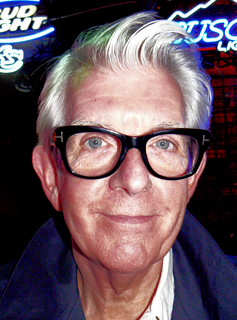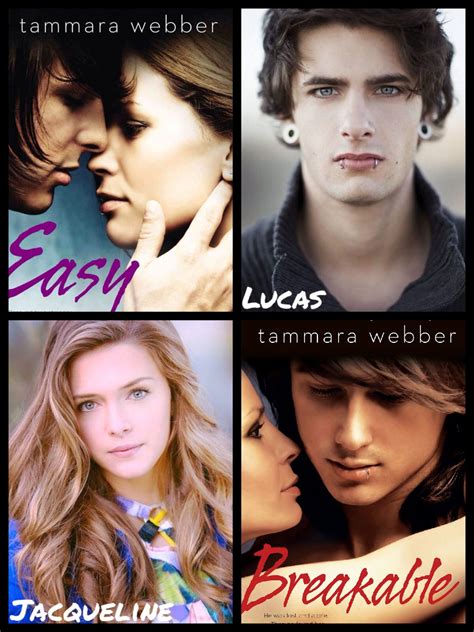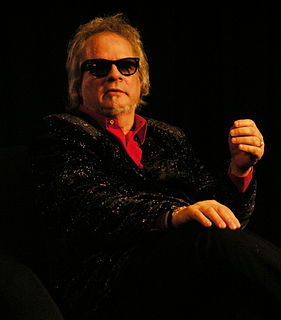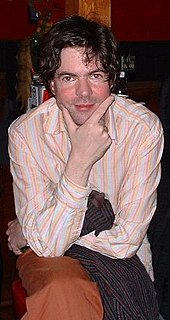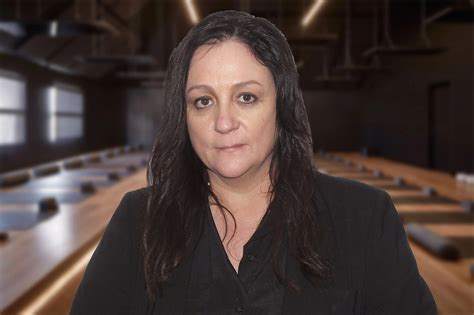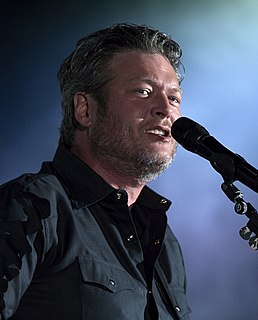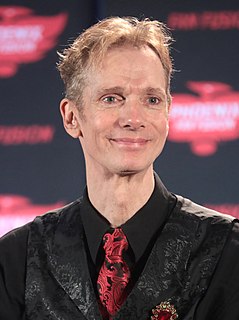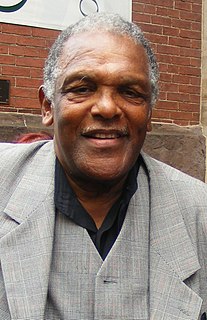A Quote by Nick Lowe
And then, one day, they program a new tune, and it really catches your ear, you know, because you can be doing the washing up or something, you know, in your apartment and suddenly you go, whoa, what are they playing in there? And you run to the wall, but it's finished - but the song's finished. You only heard enough of it just the pique your interest. And you never know when they're going to play it again, of course, like a normal radio station.
Related Quotes
I noticed you the first week. Not just because of how pretty you are, though of course, that played into it. It was the way you lean onto your elbows when you 're listening in class, when something catches your interest. And when you laugh, it's never to get attention, it's just-laughter. The way you obssevively tuck your hair behind your ear on the left side, but let the right side fall down like a screen. And when you 're bored, you tap your foot soundlessly and move your fingers on the desktop like you 're playing an instrument. I wanted to sketch you.
Perhaps it would have been easier if I said that not being able to find something is like suddenly not remembering the words to your favorite song that you knew by heart. It’s like suddenly forgetting the name of someone you know really well and see every day, or the name of a television show you watched for years. It’s something so frustrating that it plays on your mind over and over again because you know there’s an answer but no one can tell you it. It niggles and niggles at me and I can’t rest until I know the answers.
The power of a label and radio and a booking agency and all that - you never know until you experience it the first time, but being able to have a song on radio, but then go play a show for people that have heard the song on radio, and having it sung back to you, is - I don't know how to describe it.
I wrote 'Turn Your Radio On' in 1937, and it was published in 1938. At this time radio was relatively new to the rural people, especially gospel music programs. I had become alert to the necessity of creating song titles, themes, and plots, and frequently people would call me and say, 'Turn your radio on, Albert, they're singing one of your songs on such-and-such a station.' It finally dawned on me to use their quote, 'Turn your radio on,' as a theme for a religious originated song, and this was the beginning of 'Turn Your Radio On' as we know it.
I believe your success is based off what your goals are. Are you trying to feed your family or have plaques on the wall and be broke? In that case, I think the game is in a better place. We have all heard of famous artists who are broke. Then we know of artists who may have had only a song or two on radio, but have a million or two dollars off that quick come up.
If you're recording the song on your four-track in your kitchen, when you finished writing the song, you're recording, and it's cool, and honor that. And maybe that's the version that should be released. And if you're recording the song again, it shouldn't be because there's a version you love that you're chasing. It should be because "You know what? I made a recording, but I don't love it emotionally." So, okay, then record again. And be in it and take advantage of the buzz and energy of "I'm getting to record right now!" It's such a beautiful and cool privilege.
Modeling is a very hard job. I know that sounds like a really shallow thing to say, but you have people pulling on your hair all day, telling you what to do, fitting you, telling you to bend over, hitting you, taking your shoes off, throwing you up against a wall - it's a lot. You have to really be able to handle yourself and bring something. It's not just enough to have a cute body and jump up in the air and go, "wow!"
When I hear other artists talk, they talk about 'How come radio's not playing my song?' Well, you have to look at it under a microscope and know that each station is just trying to do what's right for their market, and it's scary for a radio station to add a song that they don't know how well it's gonna do for them.
People who know your work and know your personality, they know your strengths and weaknesses. A director like Guillermo del Toro, he knows more about me than I do. I trust him when he tells me what part I'm going to be playing in something, because he's envisioned that that can only be done by me. He knows it.
So you can be about your business, and then on it comes again. And this time you're ready, and you've got a wine glass or something. And you put the glass up to the wall, and you can hear through the wall a little bit more of the song - maybe just the middle bit this time. You know, you managed to get in a little bit of the end. And so it goes on until - because you just got to - you really just want to sing it.
I was lucky enough to grow up in an era when radio was less formatted. It was really special. You could hear a jazz song then a pop song then a show tune then some jazz. Basically, whatever the DJ felt like playing, he would play. He was educating you and exposing you to things you would never hear otherwise.
You don't know anybody is in the stands when you are out there on the field playing. You don't know what the number is or who, what, or whatever. You are playing and trying to give your best. When you are in the game you got so much going on in your head and your so attentive in listening to the quarterback call whatever shots he's going to call. Your mind is concentrated on your responsibility and what you have to do on every given play. You don't know anything else is around, but your responsibility.
